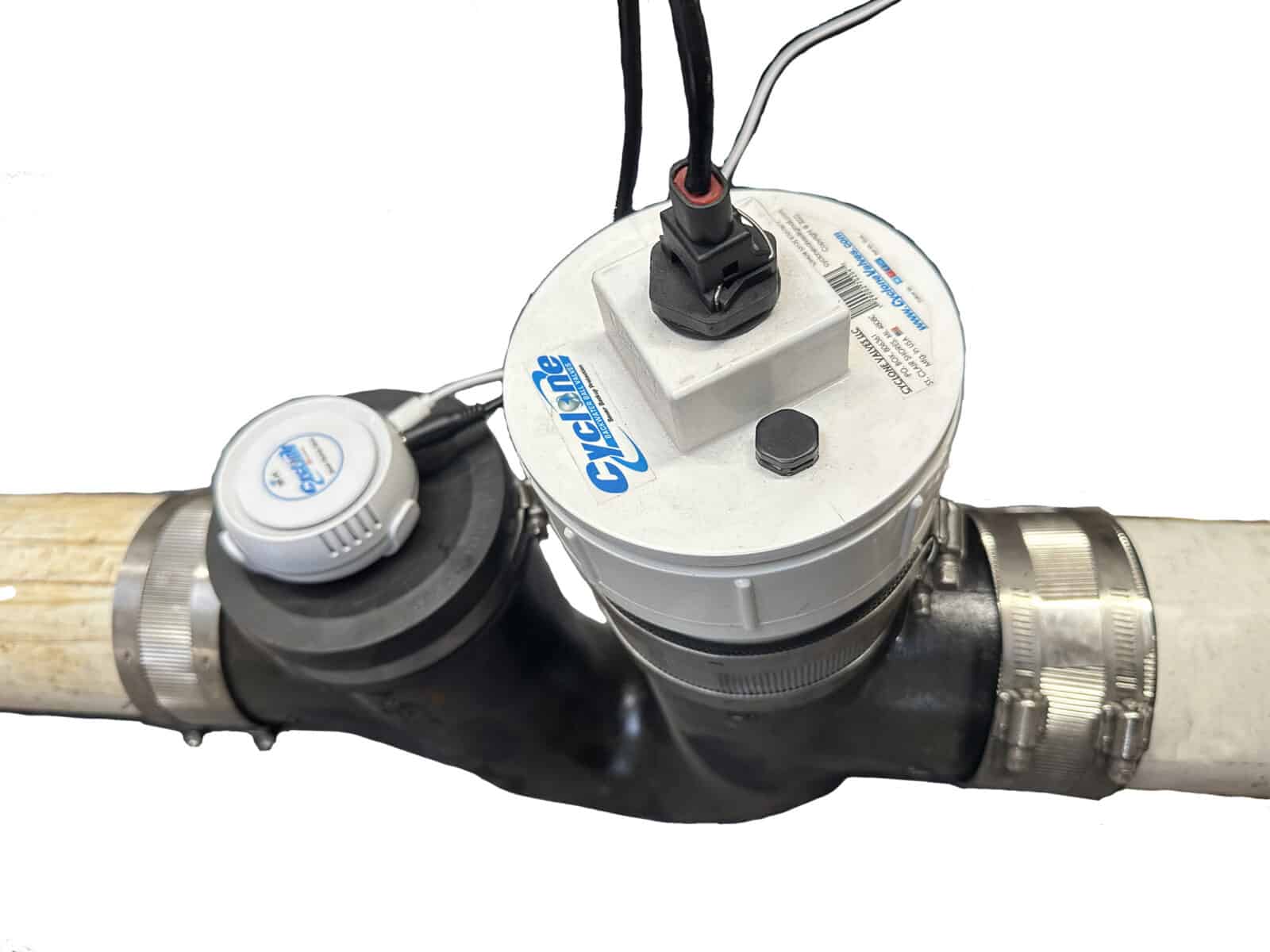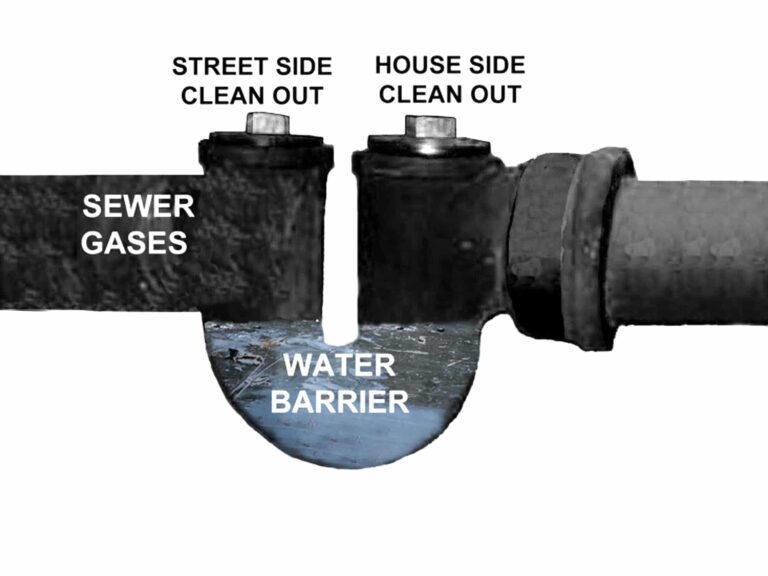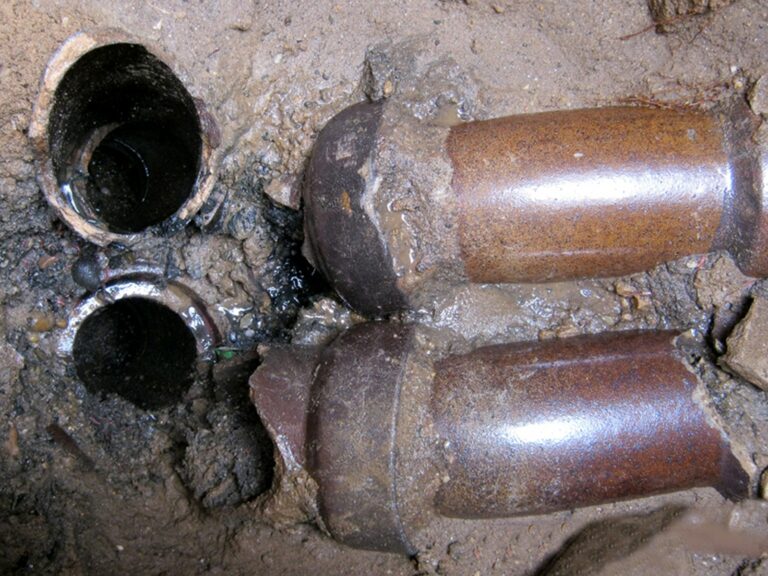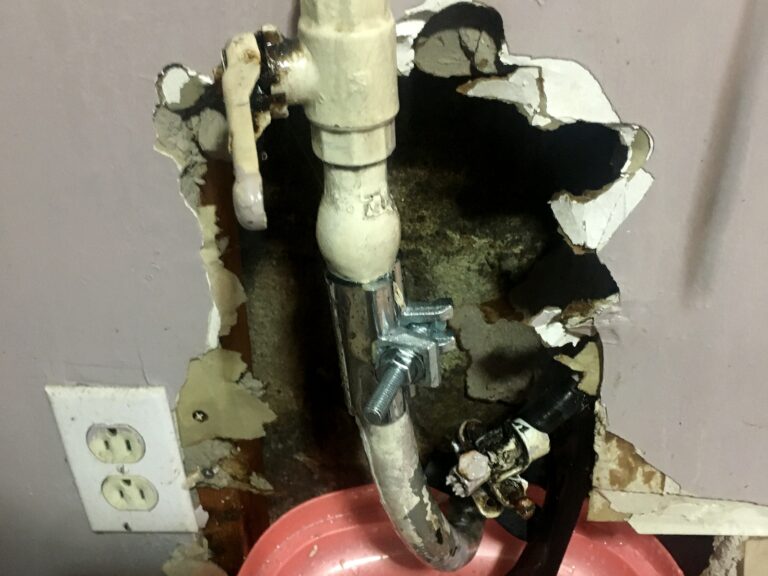In any size community sewer problems are an everyday occurrence, and NYC is no exception. Most property owners call a plumber at the first sign of trouble. But often, that first sign comes after backed-up sewage has already surfaced above your floor, and begun to damage your property. For most, the first sign of sewer issues is a foul smell rising from a damaged basement or bubbling drains. But as plumbing technology advances, there’s a better way: WiFi-connected sewer alarms.
What if you could receive alerts to a problem in the sewer lines below your home or business before wastewater invades your drains or begins pooling on the floor? You can, with the installation of a WiFi-connected sewer alarm. The Team Balkan is ecstatic to introduce the solution to seeping wastewater and damage caused by backed-up sewer lines.
With a WiFi-connected sewer alarm, you can take action to resolve sewer issues before they result in damage to your property. These types of sewer alarms are 1 product among the 5 great products that Balkan installs a prevent basement flooding.
What Makes WiFi-Connected Sewer Alarms So Awesome?
Sewer clogs and backups occur all too frequently. In a city where we share an ancient plumbing system with a few million other people, it is important to expect problems with sewer lines. Unfortunately, most people are not aware that a sewer issue has put their property at risk until wastewater is visible above the floor level. At this point, it has already begun to do moisture and bacteriological damage to your property.
The professionals at Balkan install WiFi-connected sewer alarms on your main house trap. This allows the sewer alarm to be easily accessible and maintained as needed. The sensors on these alarms can detect when backups occur long before the wastewater reaches the habitable parts of your property. They will then send an alert through your building’s WiFi network, and also sound a loud alarm from the signal receiver box as soon as wastewater is not flowing properly.
This alarm will sound long before the sewer issue becomes visible. This will give you enough time to call a plumber before rising wastewater can damage your basement or bathrooms. It is also a great way to alert you and your fellow residents to restrict the use of water until the sewer issues are addressed.

Why Should You Install a Sewer Alarm?
The cost to resolve most sewer backups will go beyond the plumbing services necessary to clear the line. You will also need to frequently pay for wastewater cleanup and restoration services to repair damage to your property. There is likewise the strong possibility that personal items of great value will be damaged and lost. A professionally installed sewer alarm will cost a fraction of the cost of repairs and lost personal property after just one prevented wastewater flood.
Once you have the sewer alarm installed, you can easily avoid property damage, prevent the need for expensive mold and bacterial cleanup, and avoid the potential loss of living space as a result of sewer backups. Not to mention the aggravation of an unexpected sewer emergency.
A sewer alarm provides an early warning system for your property. This way, you have time to fix the problem before wastewater has a chance to enter and damage your home or business.
How WiFi-Connected Sewer Alarms Work
If you are familiar with smart home devices, you will recognize the essential mechanism of a WiFi-connected sewer alarm system. The system consists of two pieces, with the water level sensor as the key element.
When properly installed, the sensor does not trigger when water flows past it but will trigger if the level of wastewater rises enough to contact the sensor on the inside of the alarm plug. Much like the mechanism inside the tank of your toilet, once the water level lowers the alarm goes silent. In the right place, it can detect when wastewater is not flowing correctly and is at risk of backing up into your home or business.
The WiFi Sewer Sensor Itself
This sensor also contains a protected WiFi component that stays in contact with your home’s WiFi network. This is just like other smart home components like your smart thermostat, video doorbell, or smart light bulbs. Like the thermostat, WiFi-connected sewer alarms will send a signal when the sensor detects certain conditions.
Your thermostat may adjust the AC or send a message to your phone when the temperature changes in your home. Your sewer alarm system will send a signal if it detects rising wastewater from a clog or floodwater.
Sending the Signal
Two things can happen during this process. First, the alarm half of the sewer alarm system will sound. The wireless alarm device is usually installed near the main house trap. It is loud enough to be heard and helps you prevent a sewer emergency. Because of modern smart home technology, the WiFi-connected sensor can also send an update, alarm, and message to your phone. Typically, you do not have to silence the alarm, the will silence itself once the moisture or water dissipates.
This can allow you to receive warnings even if you are away from home when the audible alarm sounds, and even track data on sewer warning frequency and details over time. By being proactively warned, folks know to cease running water down any waste lines, which is frequently the cause of flooding in a basement.
There Are Different Types and Levels of Sewer Alarms
Never heard of Wi-Fi-connected sewer alarms? That is because “smart home” technology is only just being introduced to sewer line maintenance. Most sewer alarm models work in septic systems, monitoring proper tank levels. However, the same technology can be implemented by sewer line professionals to monitor the proper flow of wastewater below your home or business, as well.
The best types of sewer alarms on the market are WiFi-connected. Fortunately, these models are increasingly easy to find as WiFi-connected devices are undeniably popular in more and more home applications. Of course, you must properly connect your sewer alarm to both your drain system and the internet to sound the alarm when you need it.
Team Balkan is an expert at sewer alarm installations, having specialty components on hand if needed, and peace of mind directions to our clients as well.
Water Level Alarms and Septic Tank Alarms
Water level sensors are nothing new. This is a technology that has existed for decades, in various forms. The float inside your toilet tank is a simple water level detection system. Then electrical systems were introduced that could send a signal or sound an alarm. Typically the sound of the alarm going off would be audible throughout the house.
Septic tank owners primarily use these to help detect tank capacity or clogs before they cause catastrophic property damage. However, the original septic tank alarm systems were wired, not wireless. Nonetheless, when a septic alarm goes off, the residents are forewarned in plenty of time to cease allowing wastewater down their drains.
The Introduction of WiFi or Wireless Sewer Alarms
As smart home technology has developed, it has become possible to install relatively inexpensive WiFi-connected sewer alarms. While these were developed for septic tanks, they have been used for many different purposes. Anywhere that water levels need monitoring, a wireless or wired water level monitor can help detect whether water levels are too high, too low, or both.
Using Wireless Alarms to Detect Sewer Problems
Once water level alarms reached a certain level of sophistication, especially wireless WiFi-connected installation, they became viable to use for sewer system monitoring. The wireless installation means that these devices can be installed deep in your drain systems while still sending a reliable signal to the alarm system and, now, to the phones of homeowners.
These alarms provide a valuable early warning system in places like NYC, where sewer problems are common and quick response is the key to avoiding property damage. A knowledgeable plumbing professional will have the skills necessary to install these sensitive devices so that your property benefits from smart-home protections, even in your sewers.
What Can You Expect From a Professionally Installed Sewer Alarm?
Professional plumbers will install WiFi-connected sewer alarms at the most effective point within your drain system to detect wastewater backflow as soon as it begins. Your installer will also ensure to properly set up your WiFi connection, ensuring it can connect to the internet and the alarm unit inside your house.
Properly configured WiFi-connected sewer alarms may also send an alert to your phone through a mobile app to provide a warning system no matter where you are when the risk occurs.
Frequently, you will need specialty parts, along with intimate knowledge of the alarm itself. Naturally, it is best to hire a licensed plumber. Look for one who is familiar with your local code and the typical plumbing layout in your neighborhood.
Professional installation ensures that your sensor functions properly and provides alerts at the right time. Once you have the alarm installed, your plumber will explain everything you need to know to use the system effectively.
Call Balkan to Upgrade Your Smart Home With Wifi-Connected Sewer Alarms
Sewer alarms are the latest addition to smart home upgrades that improve the safety and quality of your home. However, unlike your smart speakers and light bulbs, it takes a skilled plumbing professional to properly install and configure the sewer sensor and WiFi connection. Fortunately, your local sewer experts are ready to upgrade your warning system. This way, you never have to discover a sewer problem from wastewater on your floor again.
If you reside anywhere in the NYC metropolitan area, Balkan Sewer And Water Main Service is your one-stop shop for any basement sewer flooding issues, including prevention methods. Balkan now offers expert installation of WiFi-connected sewer alarms to keep your home safe from wastewater before damage occurs.
Ready to upgrade your smart home with WiFi-connected sewer alarms? Call or contact Team Balkan for a free and no-obligation site visit, or an online rapid quote. Our plumbers will assess the best place to install the sensor and alarm devices and give you an estimate so you can keep your property safe.






